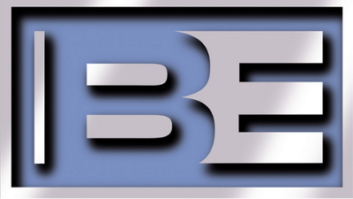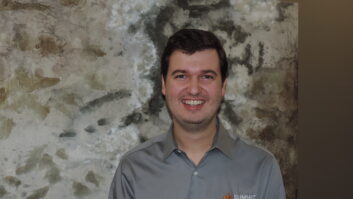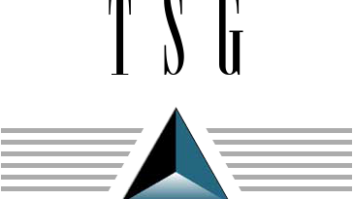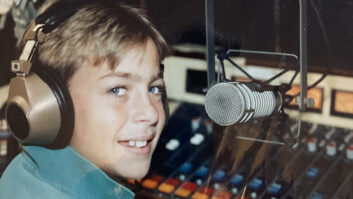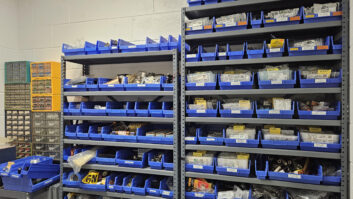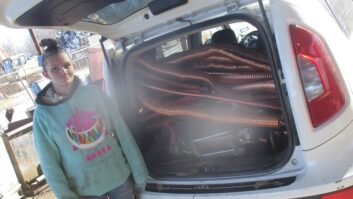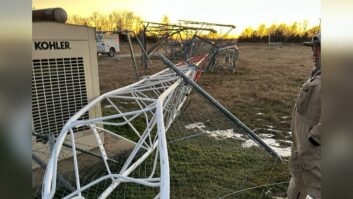In March 2018, privately owned Primedia Group, one of South Africa’s most predominant names in broadcasting, cinema and entertainment, appointed Omar Essack as its new CEO. Previously, Essack served as the CEO of Primedia Broadcasting, the group’s largest division, where he spearheaded the repositioning of the organization’s radio assets, which include four radio stations (702, 947, KFM and CapeTalk) and its online news publishing site, EWN [Eyewitness News], in total reaching an estimated 3 million people weekly on FM and another 3 million online. We spoke to Essack about radio’s role in South Africa, specific issues facing the industry and how he sees the medium moving forward.
Radio World: You have been the CEO of Primedia Group since April 1. What are your initial objectives in this new position?
Omar Essack: To position the group’s assets across radio and Out of Home in order to deliver market leading returns for shareholders, customers and our people.
Radio World: You were Primedia Broadcasting’s CEO from January 2017 to April, what were the biggest challenges for you in this role?
Essack: Primedia Broadcasting is South Africa’s most successful radio business from a revenue and profitability perspective. My biggest challenge was coming into an organization that had been so successful for such a long time and building on that success with new ideas and different methods, while convincing people who’d been in the organization for decades that it was time to start doing certain things differently. The latest ratings, released on May 28 by Broadcast Research Council and carried out by research supplier TNS, showed our Cape Town station KFM, which had slipped to second place for the past three years prior to my joining Primedia, back at number one. It also shows that our Johannesburg station, 947, which was until recently the third largest regional radio station in South Africa is now the largest regional radio station in Gauteng province and the largest English-language regional radio station in the country. I set these objectives when I joined the company in Jan. 2017 and they’ve just been achieved.

Radio World: What do you consider to have been your biggest achievements?
Essack: Convincing my wife of 28 years that I’m worth the effort. Seriously, probably convincing audiences across ethnic lines to make commercial radio station East Coast Radio, part of Kagiso Media Group their favorite radio station. East Coast Radio, which broadcasts across KwaZulu Natal province, was an apartheid relic and was programmed to appeal to white listeners only. Between June 1998 when I was made the CEO of the station and July 1999, we had become the first regional radio station to attract 1 million listeners weekly with a mix of white, Indian (Durban, located on the coast in this region, is the city with the highest concentration of Indians outside India) and Zulu audiences.
Radio World: How important is radio’s role in South Africa?
Essack: It remains a very important medium with almost universal reach in the country. South Africa has a significant commuting audience using either private vehicles or minibus taxis and radio is the primary form of entertainment and information for these South Africans. Apart from that, we have a free press, and talk radio stations that engage in robust debate on anything and everything are essential. Radio has been a constant companion through the dark days of apartheid and through the first breath of freedom and done a sterling job keeping South Africans entertained in tough times and held the powerful accountable through the past 24 years since our first democratic elections in 1994.
Radio World: What are the principal changes taking place in South Africa’s radio landscape today?

Essack: The toughest challenge for radio owners in South Africa and around the world is staying relevant to both audiences and advertisers. There is more choice for audiences and advertisers and that means that radio owners have to work harder to justify their proposition. Time spent listening is declining slowly, although overall listenership isn’t in terminal decline and radio still delivers excellent results with compelling evidence of increased sales among various categories of advertisers.
Radio World: What is the biggest single challenge or obstacle facing radio broadcasters in the country, and how does that compare to radio broadcasters in other countries?
Essack: In my view, it’s proving the accountability of our medium. Online media has raised the bar in terms of what marketers expect. Proving return on advertising investment is an obsession for me along with understanding the behavior of our audiences, both as listeners and as consumers of products and services in real time.
[Read: Radio: Over 100 Years Young]
Radio World: How can we ensure that radio remains attractive to new generations?
Essack: The right talent, talking about the right stuff that matters to new generations that they can access easily and that they can’t easily find anywhere else. Easier said than done.
Radio World: What is the state of digital radio (DRM, DAB+, etc.) in South Africa?
Essack: There have been a number of pilots. I’m not convinced that it is a relevant technology, especially since once you have ubiquitous broadband at low cost, the technology will be irrelevant. The only way that I would back the technology is if it were installed on every mobile phone in South Africa so that people can listen without using their data plan. So, radio must remain free and it must be integrated into the only device that matters to all South Africans, along with cars.
Radio World: How did you first get started in radio?
Essack: As a Radio DJ via a public audition. When I was a public address announcer at a large retail store as a vacation job when I was at high school, I was told that I had a voice for radio. I took it at “face” value and the rest is history.
Radio World: Do you have any advice for radio industry leaders around the world?
Essack: Keep reinventing the medium we love. That means experimenting more, investing in new talent, new skills to future proof our businesses and new technologies to try and solve our business problems and the business problems that our customers and audiences need us to help them solve.





